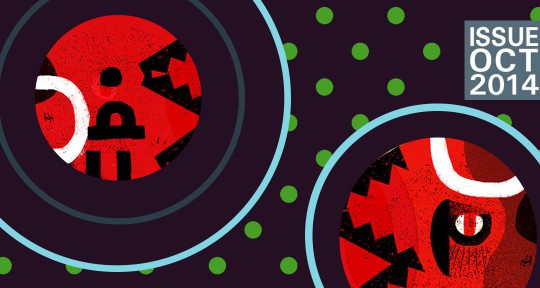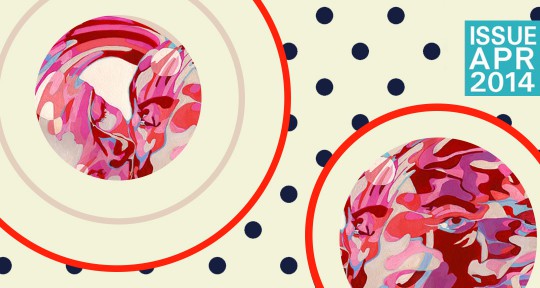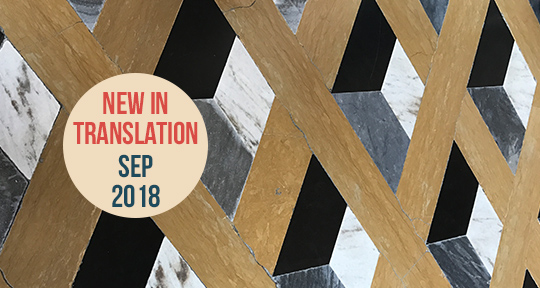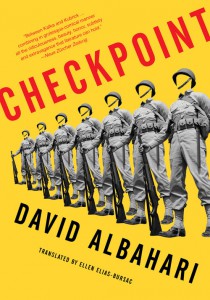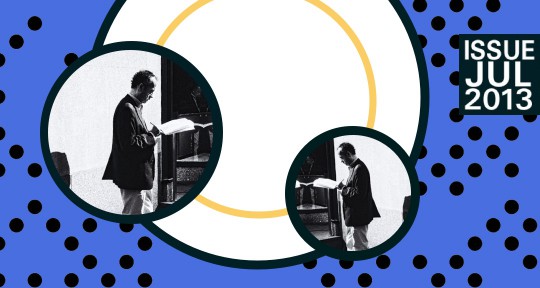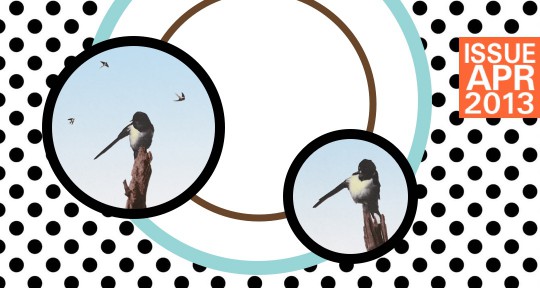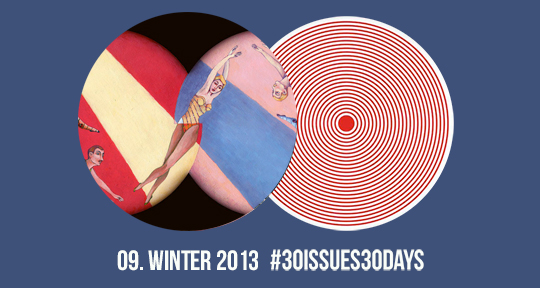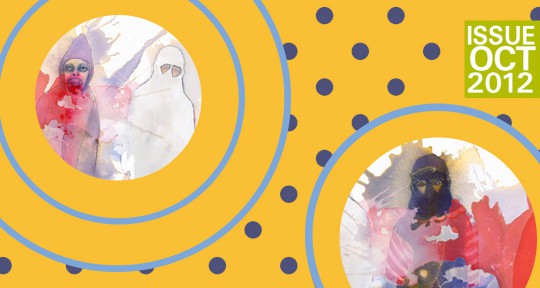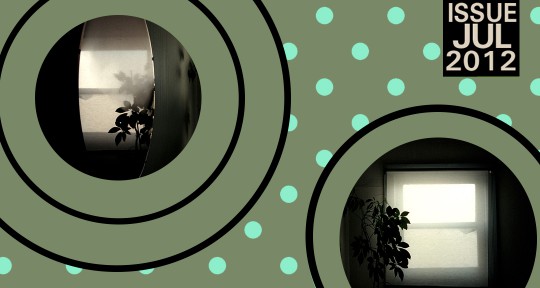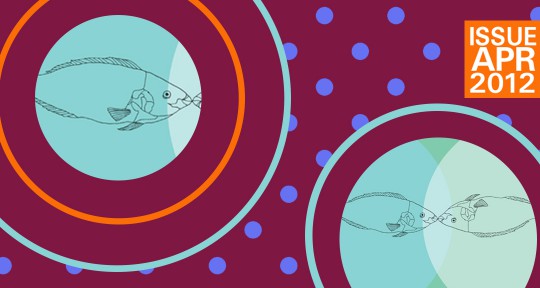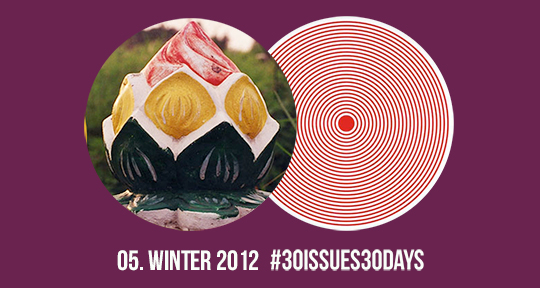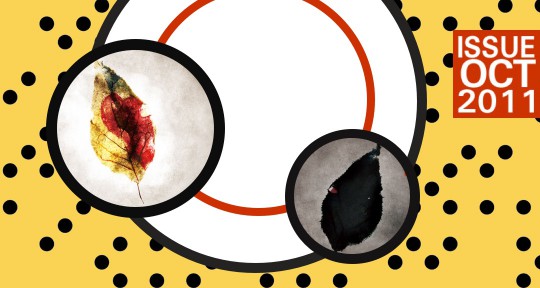Around this time, equipped with a new legal advisor (the extremely efficient Win Bassett), a small group is formally set up within our team to look into the feasibility of Asymptote becoming a non-profit organization in the USA. This makes most sense for tax-deductibility, since our largest readership, outnumbering the second largest demographic by a ratio of three to one, is American. It would take one and a half years for me to reach a definitive decision, but I decide in the end not to take the plunge. To become a non-profit, a board would first have to be formed, and all major decisions about the journal’s direction would have to be run by this board (which would mostly comprise Americans). Had I worked so hard for the magazine’s survival only to surrender its reins to others? Aren’t there already more than enough American mediators of otherness? I’m also wary because of what one board member of another online magazine has told me in confidence: being bound to a board has held that magazine back from reaching its full potential. We do, however, thanks to Win Bassett, Erin Stephens-North, Lynette Lee, and Eric M. B. Becker, succeed in acquiring fiscal sponsorship with Fractured Atlas on August 26, 2014. This is a breakthrough: For the first time, we are tax-deductible for American donors, removing one more barrier standing in the way of support. Here to introduce the Fall 2014 issue is Assistant Editor Erik Noonan.
Published in sync with the release of the inaugural episode of the Asymptote Podcast—whose producer Emma Jacobs suggests that the mythical stories we tell ourselves are really signs of “our inability to map our own minds”—the Fall 2014 issue of Asymptote sets the reader afloat through a tesseract located among the interlinked dimensions of spacetime.
In Shi Tiesheng’s “The Year of Being Twenty-One,” that mapless place masquerades in public life as a monotheistic deity: “I did see God, one day—but he went by a different name, and that name was the mind,” Shi writes. “In the hazy patches of science; in the chaos of destiny; you can only turn to your own mind. Everything we believe in—no matter what that might be—comes from the promptings and the guidance of our minds.” READ MORE…

